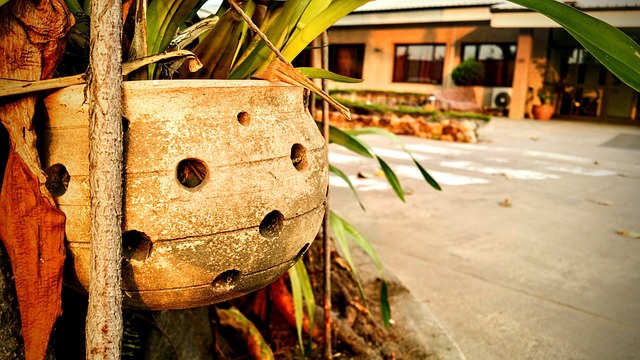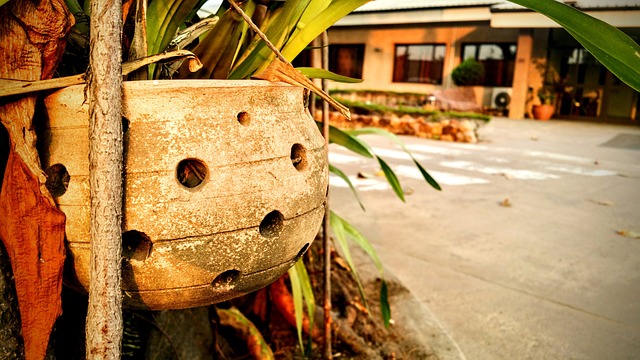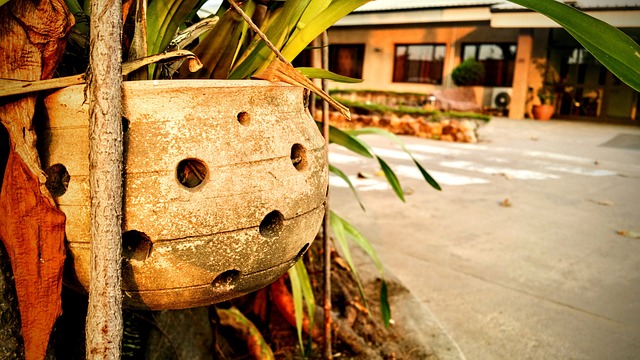Family-oriented neighborhoods are gaining popularity in real estate, driven by a societal shift towards community and family connections. Key factors include strong sense of belonging, excellent schools, recreational facilities, and supportive neighbors. These areas offer stable or rising property values due to high demand from families seeking settled, memorable places to live. Regular events, well-maintained public spaces like parks and playgrounds, clean streets, and good lighting enhance neighborhood appeal. Such neighborhoods provide significant advantages for residents and real estate markets, with higher property values resulting from strong community senses of security and belonging.
In today’s fast-paced world, family-oriented neighborhoods are gaining immense popularity in the real estate market. These communities offer more than just a place to live; they foster strong connections, create a sense of belonging, and enhance overall quality of life. This article explores the appeal of such neighborhoods, the key features that cultivate a friendly atmosphere, and their significant impact on property values. Discover how these vibrant areas are revolutionizing family living.
Understanding the Appeal of Family-Oriented Neighborhoods

Family-oriented neighborhoods have become increasingly appealing for real estate buyers, reflecting a broader societal shift toward prioritizing community and family connections. This trend is driven by several key factors. Firstly, the sense of belonging and security that such neighborhoods offer cannot be overstated; safe streets, well-maintained public spaces, and active community engagement foster an environment where children can play freely and parents can relax knowing their families are secure. Moreover, these areas often boast excellent schools, recreational facilities, and a strong support network of neighbors, enhancing the overall quality of life for residents.
The friendly vibe that permeates family-oriented neighborhoods is not just about aesthetics; it’s rooted in a collective consciousness that values openness, cooperation, and mutual respect. This fosters a sense of community that extends beyond shared boundaries, encouraging social interactions and building lasting relationships. In terms of real estate value, these neighborhoods often experience stable or increasing property prices due to high demand from families seeking a place to put down roots and create lasting memories.
Key Features That Create a Friendly Vibe

In any family-oriented neighborhood, several key features combine to create a warm and welcoming atmosphere that enhances the real estate value. One of the most significant contributors is a strong sense of community. This is fostered through regular neighborhood events, where residents gather to celebrate holidays, host block parties, or organize sports activities for kids. Such gatherings not only strengthen social bonds but also make everyone feel part of something bigger.
Moreover, safe and well-maintained public spaces play a vital role in cultivating a friendly vibe. Parks, playgrounds, and walking paths encourage residents to interact outdoors, fostering a sense of camaraderie. Clean streets, efficient waste management, and good lighting further enhance the appeal, ensuring that both families and individuals feel secure and comfortable. These elements collectively contribute to a positive overall experience, making the neighborhood an attractive place to call home.
The Impact on Property Values and Quality of Life

Family-oriented neighborhoods with a friendly vibe often translate into significant benefits for both residents and real estate markets. The sense of community and safety fostered by such environments encourages higher property values, as buyers are drawn to areas where they can raise their families in peace. This desirability leads to increased demand, driving up prices and making these neighborhoods attractive investment opportunities.
Beyond financial gains, the quality of life in these settings is enhanced. Kids can play outside without supervision, parents have piece of mind, and neighbors often become extended family. This social fabric contributes to lower stress levels, improved mental well-being, and a stronger sense of belonging—all factors that make these areas highly sought after for those prioritizing a balanced lifestyle within a supportive community.






